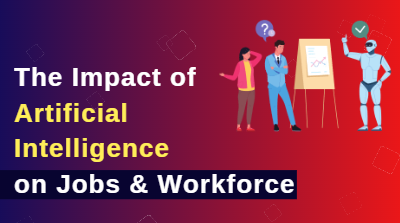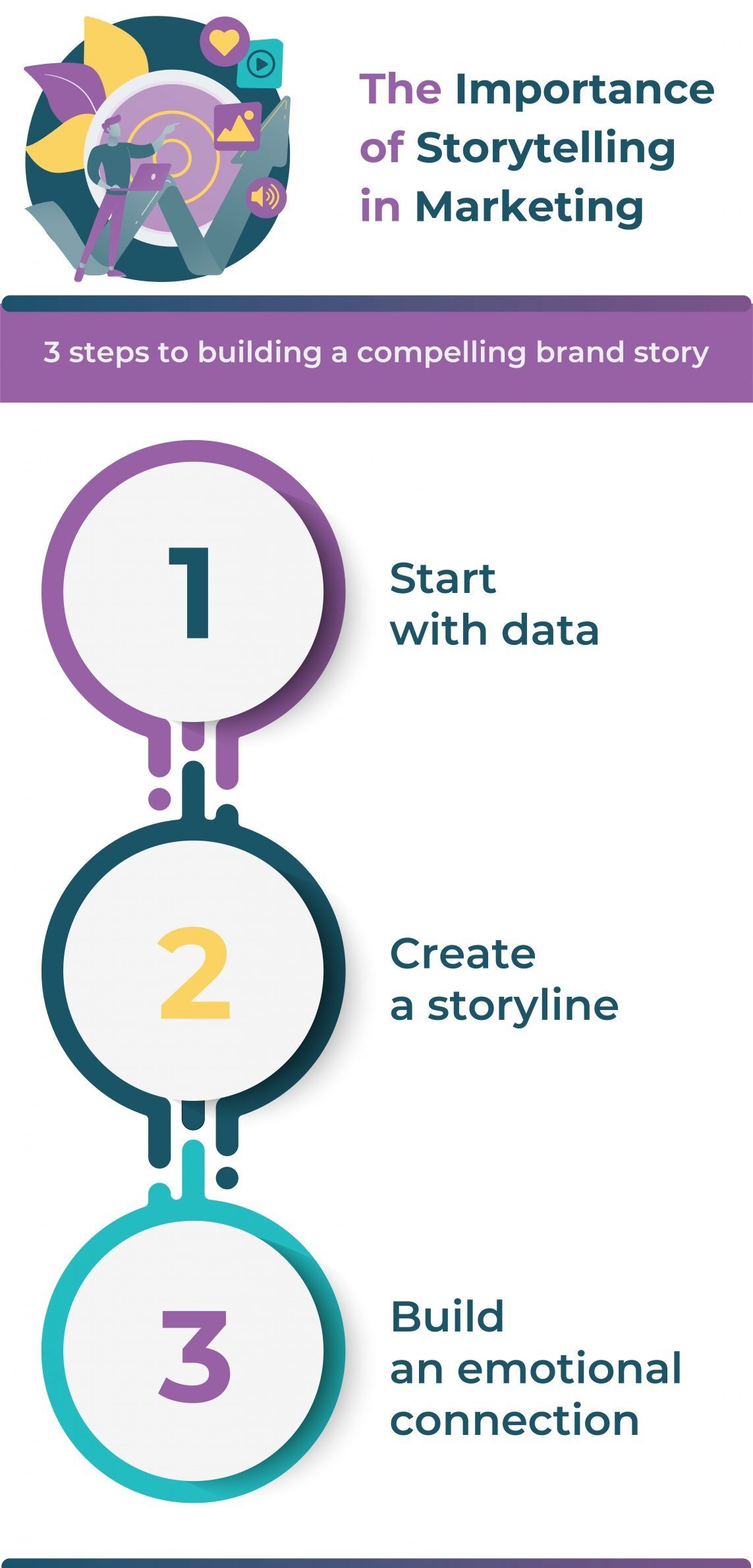The Impact of Artificial Intelligence on Jobs
In the not-so-distant past, the mere mention of artificial intelligence (AI) often conjured images of science fiction robots and futuristic landscapes. Today, AI is not just a concept from the realm of science fiction; it’s a reality that is increasingly influencing our everyday lives, including the world of work. From automated customer service chatbots to self-driving cars and recommendation algorithms, AI has permeated almost every sector. This technological revolution is undoubtedly impressive, but it also brings with it a host of questions and concerns, one of the most pressing being: What is the impact of artificial intelligence on jobs?
In this article, we’ll delve into the multifaceted relationship between AI and employment. We’ll explore the ways in which AI is transforming traditional job roles, creating new opportunities, and raising important ethical and societal questions. Moreover, we’ll discuss the strategies individuals and society as a whole can adopt to navigate this evolving landscape.
The Rise of Automation
One of the most immediate and visible impacts of AI on jobs is automation. Machines and algorithms are becoming increasingly capable of performing tasks that were once exclusively within the domain of humans. This includes not only routine and manual jobs but also knowledge-based roles. Manufacturing and production lines have been revolutionized by robotic automation, but even jobs in fields like finance, healthcare, and law are being affected.
The Pros and Cons of Automation
Automation brings several benefits. It can improve efficiency, reduce errors, and enhance safety in various industries. For example, robots can work tirelessly in hazardous environments, reducing the risk to human workers. In industries like logistics and e-commerce, AI-powered systems can optimize supply chains, leading to cost savings and faster delivery times.
However, the flip side of automation is the potential loss of jobs. As machines take over repetitive and manual tasks, workers in those roles may find themselves displaced. This has led to concerns about unemployment and job insecurity.
The Changing Nature of Work
While some jobs may be lost to automation, AI is also reshaping the nature of work itself. It’s creating new opportunities and transforming existing roles in ways we may not have imagined just a few decades ago.
The Rise of Gig Economy
One notable trend is the rise of the gig economy, where individuals work as freelancers or independent contractors. Platforms like Uber, Airbnb, and Upwork have enabled people to monetize their skills and services in ways that were previously unavailable. AI plays a significant role in matching freelancers with clients and optimizing pricing, making it easier for people to find work and earn income on a flexible basis.
Upskilling and Reskilling
As AI and automation change the skills required for many jobs, lifelong learning has become essential. Workers are now expected to adapt and acquire new skills throughout their careers. Employers and educational institutions are increasingly offering training programs and courses to help workers upskill or reskill. This shift towards continuous learning is likely to define the future of work.
Ethical Considerations
Beyond the economic implications, the rise of AI in the workplace also raises important ethical questions.
Bias and Fairness
AI algorithms can inadvertently perpetuate biases present in the data they are trained on. This can lead to discriminatory outcomes in areas such as hiring and lending. Recognizing and addressing these biases is crucial to ensuring that AI benefits all members of society.
Privacy and Surveillance
The use of AI for employee monitoring and surveillance has grown, leading to concerns about privacy in the workplace. Balancing the benefits of monitoring for safety and productivity with the protection of individual rights is a complex challenge.
The Future of Employment
So, what does the future of employment look like in a world increasingly shaped by AI?
Collaboration Between Humans and AI
Many experts argue that the key to success in the future job market lies in collaboration between humans and AI. Rather than viewing AI as a replacement for workers, it can be seen as a tool that enhances human capabilities. Jobs that require creativity, emotional intelligence, and complex decision-making are less likely to be automated fully and may even see AI as a complementary resource.
New Job Opportunities
The growth of AI also brings forth new job opportunities. Roles such as data scientists, machine learning engineers, and AI ethicists have emerged as high-demand positions. The AI industry itself is creating jobs at a rapid pace, and there’s a need for individuals skilled in developing, maintaining, and regulating AI systems.
Conclusion
The impact of artificial intelligence on jobs is a topic of ongoing debate and exploration. While it undoubtedly poses challenges and disruptions to the job market, it also presents opportunities for individuals and society as a whole. Adapting to this new reality requires a proactive approach, including upskilling, embracing lifelong learning, addressing ethical concerns, and fostering collaboration between humans and AI.
As we move further into the age of AI, one thing is clear: the relationship between technology and employment will continue to evolve, and our ability to navigate this transformation will be key to shaping a future where AI enhances, rather than replaces, human potential.




